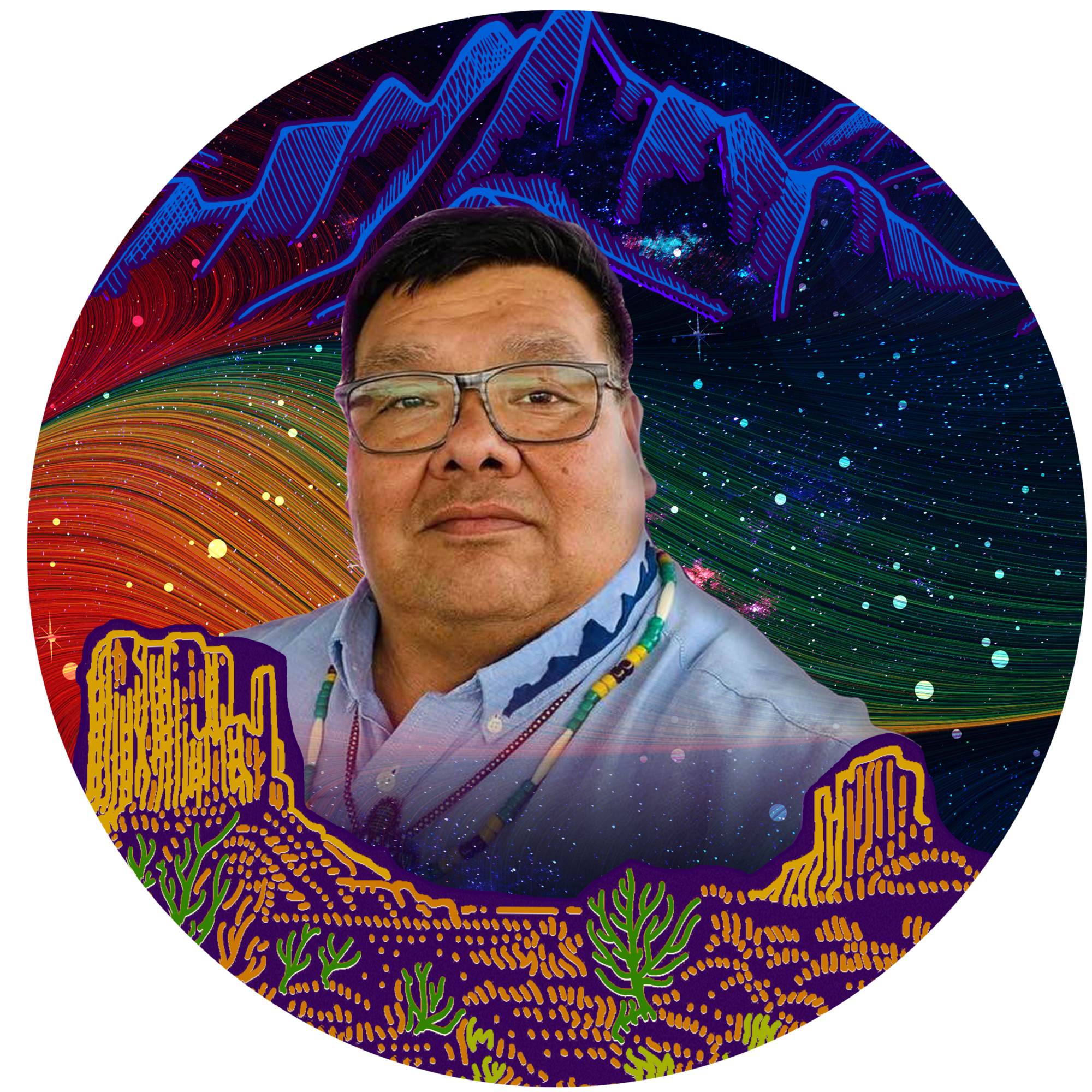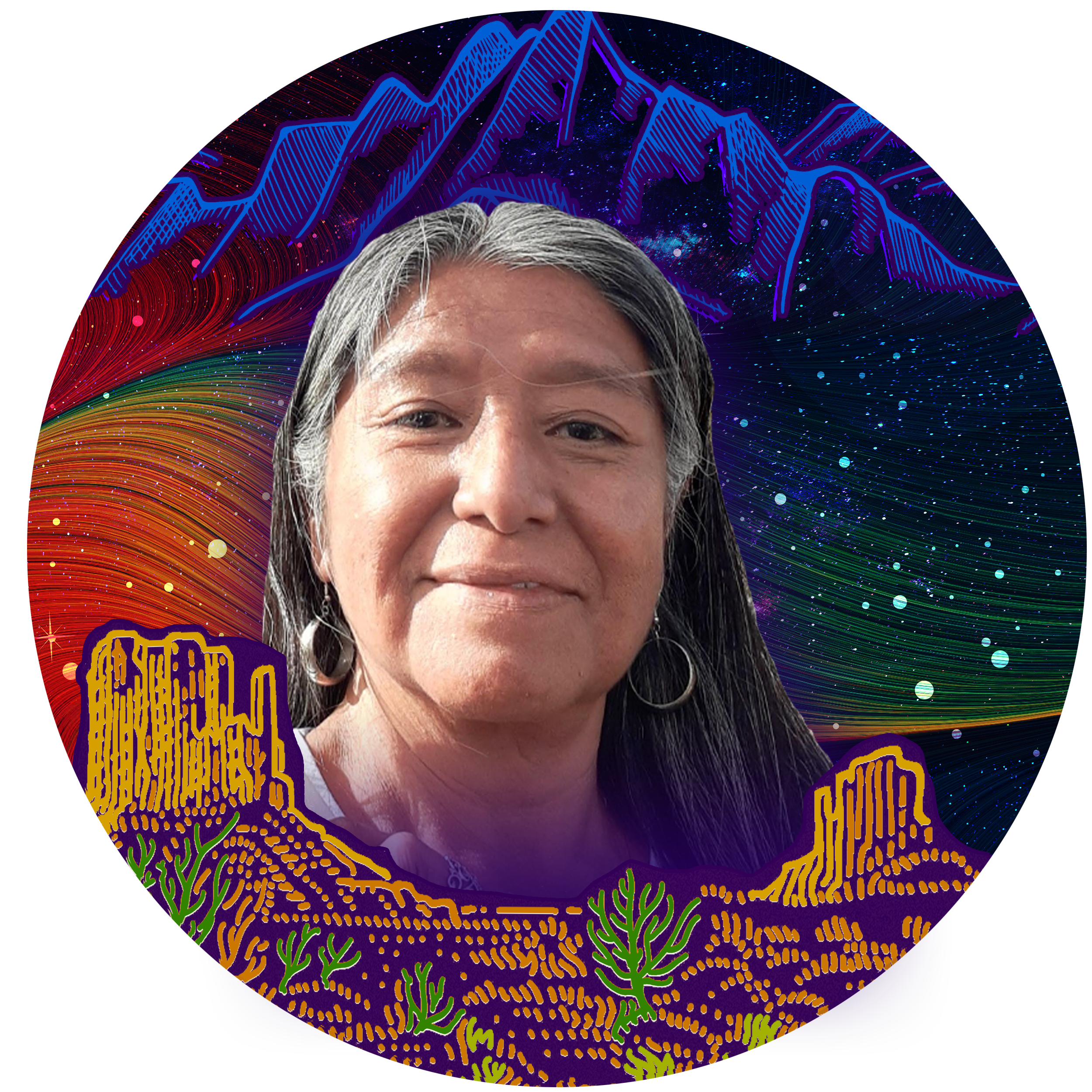The Unnamed Servants
Psalm 118:1-2, 19-29, Matthew 21:1-11
Palm Sunday, a day recognized by Christians around the world as the Triumphant Entry of Jesus into Jerusalem. Many congregations will begin their Sunday Service processing in and waving palm branches and shouting Hosanna. Others may pass out the palm branches during the children’s time and fold them into crosses to hang on their walls at home to remember this day throughout the year. It is a day of great celebration, when the Jews welcomed their King into their city, and a celebration for us, as we welcome the king into our lives. It is a story that is told year after year, to the point that most church goers can recite the story by memory. And this is where we must be careful as readers and hearers of this story, that we do not overlook the message(s) within the message in this pericope. By riding into Jerusalem on a donkey, Jesus displays his understanding of the history of the Jewish people and the traditions they practiced of the humility and servanthood of a leader, a king. There is something to be said about doing things in the old way, without to say it. Have you ever seen or heard something being done the Old Way that gave you a sense of approval and pride? Maybe you even gave it a nod of approval. These were important cultural characteristics for a leader to possess, but it was not only Jesus that displayed these characteristics. There were un-named disciples that played an important role in making this Triumphant entry happen. How many times are we called to do works that may seem only a small portion of the overall ministry, and sometimes goes unnoticed or unrecognized?
Nestled deep among the hardwoods and pine trees of southeastern Oklahoma, our Choctaw congregations were tucked away in the hills along rivers and springs that often attributed to their names. The rest of the state affectionately referred to this region as, “The Sticks”. At one point in time, they were known as the Choctaw Presbytery. Since that time, the churches continue to be yoked together and often have weekend long meetings called Conventions. These conventions not only gave the people an opportunity to worship together, but to report about their ministries, and to connect the people to one another in a unique cultural way. The local church hosting the conventions always made sure that the visitors were taken care of, throughout the weekend. The host congregation would put together a Committee on Local Arrangements to welcome the people and let them know about what had been prepared for them. Back in those days, many people would spend the night at the host church, often times sleeping on the church pews or in the Fellowship hall. Blankets and pillows that had been gathered from the members were brought together at the sleeping areas and made available to the people. If the weather was cold, there would be a person in charge of stoking the wood heater to make sure that everyone was warm and comfortable. The committee also let the people know where to find the restrooms, and where they could get coffee or water, or a snack at the family camp houses that encircled the church, in the same way traditional Choctaw villages were setup. There were men and women, young and old who supported the convention by providing and preparing meals for the guests at no charge. When the committee gave their welcoming report at the opening of the meeting, it was usually done by someone speaking in Choctaw language, and making sure that everyone felt welcomed. And even though the committee’s tasks were not the focus of the convention, they were an important part of the cultural identity of that congregation’s ministry.
Matthew goes to great lengths to establish Jesus’ identity as a person who understood and followed the Jewish traditions and practices, as described in the Old Testament. Beginning with the genealogy of Jesus, Matthew refers to Old Testament prophesies when it comes to significant moments in Jesus’ life and ministry. So while Jesus was riding into Jerusalem on a donkey in a display of humility and servanthood, we cannot overlook the message of the un-named disciples who were obedient to the task Jesus had charged them with. Have you ever wondered what it must have been like for those disciples who walked with Jesus? When I first started reading the bible, I used to think how great it must have been to be with Jesus and know everything about him and his ministry. But I soon realized, that was not the case. The disciples did not always know what Jesus was up to, or asking them to do. Imagine you were one of the un-named disciples that Jesus sent to bring the donkey. They did not know what was going to happen, or what their actions would lead to. But they were obedient. We have history on our side, so it’s easy for us to say, I would go and get the donkey. But the disciples were not as fortunate. They were living it day by day, not knowing what was about to happen, and not always understanding what Jesus was asking of them, or where he was sending them. They had to trust that the words Jesus gave them to say would be enough. By faith they stepped forward, even though they remained unnamed in the gospel.
As we celebrate Palm Sunday and enter the final week of Lent, let us reflect on our journey that has brought us here. What will we have gained from our 40 days of prayers and devotion? I invite you to take a moment to revisit this story and determine who you identify with: the unnamed disciples sent to get the donkey, the people who questioned the disciples, Jesus, the people who spread their cloaks and palm branches along the route shouting Hosanna, or the people who asked, who is Jesus? What is our role in helping fulfill Jesus’s ministry? Are we willing to do those tasks that we may not fully understand yet we feel compelled to do? This story does not end in the pages of the bible, but continues today. We become a part of the story, by answering the call of Jesus to servanthood, even when we go unnamed.
Prayer: Creator God, you call us to into your service through your son Jesus Christ who sends us out into the world. Help us to be faithful, humble servants that we may be a part of your bigger plan for your kingdom here on earth. In Christ’s name we pray. Amen.

Since 2012, Ron McKinney has been serving the students at the Haskell Indian Nations University in Lawrence, KS, in a variety of student support services roles. During this time, he has maintained his membership as a Pastor At Large from Dakota Presbytery where he currently serves as Moderator. In the past few years, he has served the PCUSA as Vice-Moderator for the Native American Consulting Committee, the Doctrine of Discovery Native American Council, and Pastor Advisor for the American Indian Youth Council.
Ron and his wife the Rev. Danelle Crawford McKinney met while in seminary at Dubuque, and are proud parents of three children, Alethia Oatman who lives in Kamiah, ID with her husband Jacob and their two sons Jaren and Ashton, Madison who resides in Lawrence, and Ronston who will be graduating HS in May.
Ron is a member of the Choctaw Nation of Oklahoma and grew up attending the Oka Achukma (Good Water) Presbyterian Church near Broken Bow, OK, where he was ordained. In an effort to reach out to the elderly and others who may not be able to attend church and to help preserve the Choctaw language, he posts readings from the Old and New Testament in the Choctaw language and shares songs from the Choctaw Hymnbook on his Facebook page.



Unbound Social